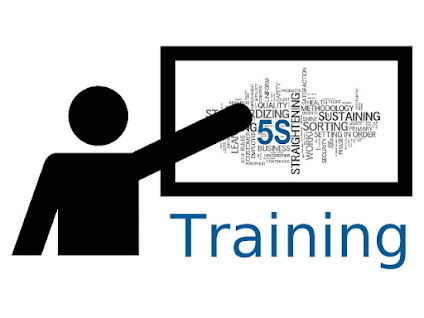Why Hypothesis Training Matters: Top Benefits for Professionals
Hypothesis training is an important
skill for professionals to have to make informed decisions and solve complex
problems. Hypothesis training helps individuals develop the ability to think
critically, analyze data, formulate theories, and draw conclusions based on
evidence. It also provides a framework for problem-solving that can be applied
across different disciplines. Here are some of the top benefits of hypothesis training:
Improved
Problem- Solving
Skills: Hypothesis training teaches people how to break down a problem into
smaller parts so they can identify potential solutions more quickly and
accurately. This type of thinking enables them to better understand how their
actions will affect outcomes or results over time, instead of just focusing on
short-term gains or losses.
Increased
Analytical Thinking: Through hypothesis testing, professionals learn how to
evaluate facts objectively without letting emotions cloud their judgment when
making decisions or solving problems. They become able to form hypotheses based
on available information, allowing them to gain deeper insights into any given
situation and anticipate future scenarios with greater accuracy.
Also Read: ISO 14001 2015 Awareness
Training
Enhanced
Decision-Making Abilities: Professionals who undergo hypothesis testing acquire the
skills necessary for effective decision-making by weighing all possible options
before coming up with an optimal solution. They learn about risk assessment
techniques that enable them to assess each option’s chances of success while
taking personal preferences out of consideration altogether.
Better
Communication Skills: By practicing hypothesizing, individuals hone their
communication skills since they must explain ideas clearly for others to
comprehend what is being proposed properly. Furthermore, this kind of practice
encourages collaboration among teams since it facilitates discussion between
members who may not share the same opinions but still need to reach a consensus
eventually.
Overall, hypothesis training matters greatly because it equips
professionals with the tools needed to effectively tackle complex issues and
make sound decisions in any situation they might encounter during their
careers.




Comments
Post a Comment